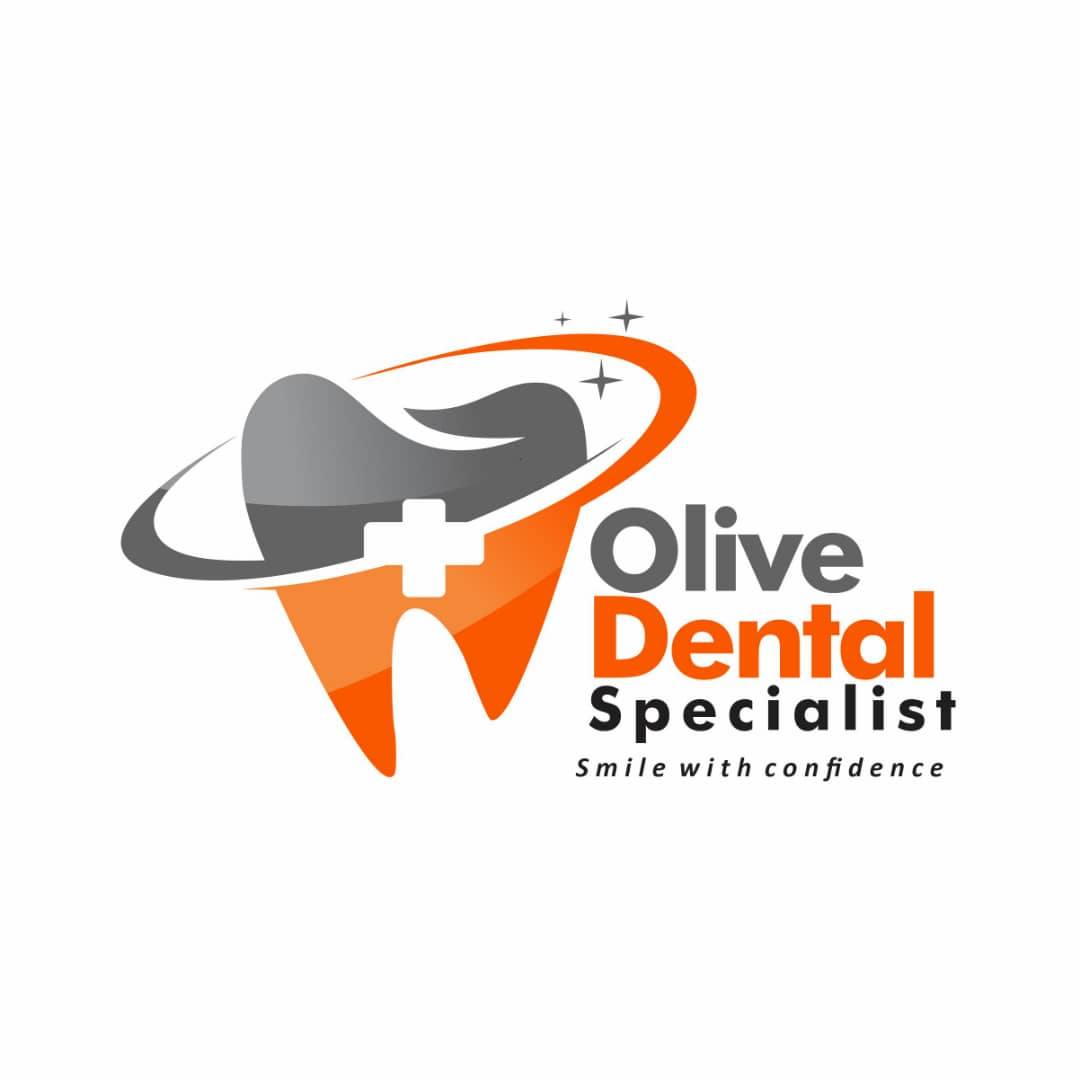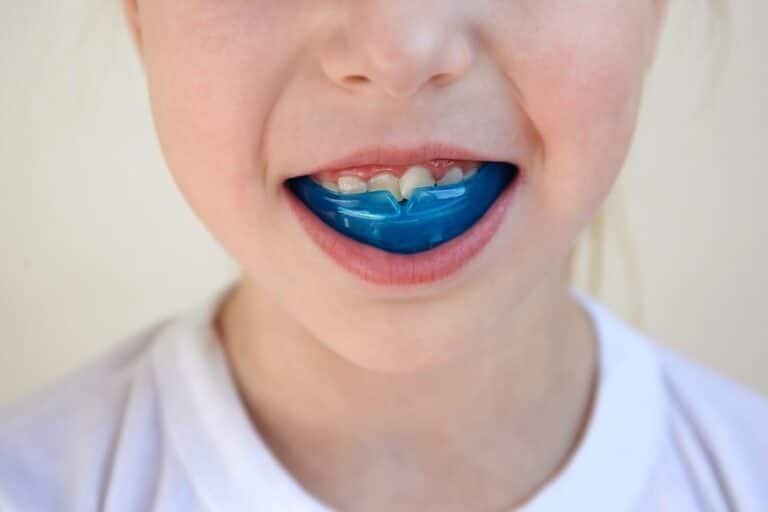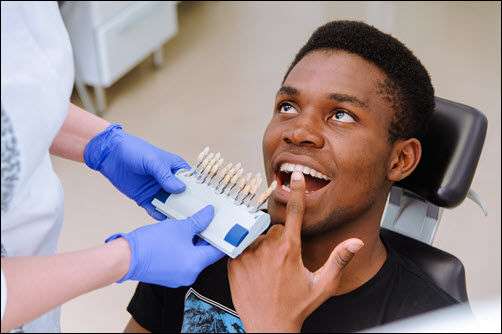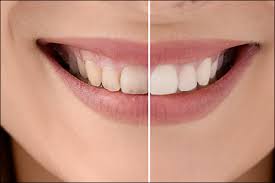When it comes to sports, safety is paramount. From helmets to knee pads, athletes use various protective gear to safeguard against injuries. Yet, despite these precautions, approximately 8 million Nigerians experience sports-related dental injuries annually. A key piece of equipment often overlooked is the mouthguard. This blog post will explore why mouthguards are essential in sports, detailing their benefits, types, and maintenance.
The Importance of Mouthguards in Sports
Mouthguards play a crucial role in preventing dental injuries during sports activities. They are designed to protect the teeth, gums, and soft tissues of the mouth from trauma caused by physical contact or falls. The importance of wearing a mouthguard extends beyond just preventing broken teeth; it also helps prevent serious injuries to the jaw, tongue, lips, and face.
Protection Against Dental Injuries
Dental injuries are common in sports, especially those involving physical contact. Mouthguards provide a cushioning effect that absorbs the impact, reducing the risk of:
- Tooth Fractures: Mouthguards help distribute the force of a blow evenly, reducing the likelihood of a tooth breaking.
- Tooth Avulsion: This occurs when a tooth is completely knocked out. Mouthguards help keep the teeth in place, reducing the risk of avulsion.
- Root Fractures: By absorbing impact, mouthguards minimize the risk of damaging the tooth root, which can lead to more serious dental issues.
Prevention of Soft Tissue Injuries
Mouthguards also protect the soft tissues of the mouth, including the gums, cheeks, and tongue. By covering the teeth, they prevent the sharp edges of teeth from cutting or injuring these tissues during an impact.
Protection for Orthodontic and Restorative Work
For athletes with braces, crowns, bridges, or veneers, a mouthguard is essential. It protects these dental investments from damage and ensures that orthodontic treatments remain effective.
Financial and Health Benefits
Investing in a mouthguard is significantly cheaper than the cost of emergency dental treatment. Moreover, it prevents the pain and long-term repercussions of dental injuries, such as temporomandibular joint (TMJ) disorders.
Types of Mouthguards
Mouthguards come in different types, each offering varying levels of protection and comfort. Understanding these types can help you make an informed choice about which is best for your needs.
Stock Mouthguards
- Description: These are pre-formed and ready to wear. They are typically the least expensive option.
- Pros: Easily available and inexpensive.
- Cons: They often fit poorly, are bulky, and can make breathing and talking difficult. They offer the least protection.
Boil-and-Bite Mouthguards
- Description: Made from a thermoplastic material, these mouthguards are softened in boiling water, then shaped around the teeth by biting down.
- Pros: More customizable than stock mouthguards, providing a better fit and protection.
- Cons: Still not as precise in fit and comfort as custom mouthguards.
Custom-Fit Mouthguards
- Description: These are custom-made by a dentist to fit the exact shape of your teeth and mouth.
- Pros: Offer the highest level of protection, comfort, and fit. They are made from high-quality materials and are designed to last longer.
- Cons: More expensive than stock or boil-and-bite options.
Proper Care and Maintenance of Mouthguards
Maintaining your mouthguard is essential to ensure its effectiveness and longevity. Here are some tips for proper care:
Cleaning
- Before and After Use: Rinse your mouthguard with cool water or a mouth rinse before and after each use.
- Daily Cleaning: Brush your mouthguard with a toothbrush and toothpaste regularly to remove bacteria and plaque.
- Deep Cleaning: Occasionally soak your mouthguard in a mouthwash or a denture-cleaning solution for a thorough clean.
Storage
- Ventilated Case: Store your mouthguard in a sturdy, ventilated container to prevent damage and allow it to dry properly.
- Avoid Heat: Keep your mouthguard away from direct sunlight and hot water, as heat can deform it.
Replacement
- Regular Replacement: Mouthguards should be replaced when they show signs of wear and tear, such as thinning, grooves, or tears. Typically, this will be every six months, especially for over-the-counter (OTC) guards.
- Dental Check-Ups: Bring your mouthguard to your dental check-ups so your dentist can inspect it for wear and tear.
Why Choose a Custom Mouthguard?
While stock and boil-and-bite mouthguards offer basic protection, custom-fit mouthguards provide superior benefits. Here’s why you should consider investing in a custom mouthguard:
Superior Fit
Custom mouthguards are made specifically for your mouth, ensuring a snug fit that stays in place. This enhances comfort and makes it easier to breathe and speak.
Enhanced Protection
A custom mouthguard is designed to provide maximum protection by covering all the critical areas of your mouth. This reduces the risk of injury significantly.
Durability
Custom mouthguards are made from high-quality materials, making them more durable and longer-lasting compared to OTC options.
Conclusion
Mouthguards are an essential piece of protective gear for anyone participating in sports. They provide critical protection against dental and soft tissue injuries, safeguard orthodontic and restorative work, and offer significant financial and health benefits. At Olive Dental Clinic and Braces Centre, we are dedicated to providing comprehensive dental solutions that enhance both oral health and confidence. To ensure you have the right mouthguard for your needs, consult with our team. We are here to help you keep your smile safe and healthy while you enjoy your favorite sports activities.
Invest in a mouthguard today and protect your smile for the future!



